Introduction
Artificial intelligence (AI) is no longer just a buzzword in technology. It has become a powerful force in shaping the future of health care. From diagnosing diseases to managing hospital systems, AI is transforming how doctors and patients interact. The impact of AI on health is deep, practical, and still growing every day.
This article looks at how AI helps in medicine, how it supports doctors, and what challenges come with it.
The Role of Artificial Intelligence in Modern Health
AI works like a digital brain that learns from data like instanavigation. In health care, it studies thousands of medical records, lab results, and images to find hidden patterns. These patterns help doctors detect illnesses faster and make more accurate decisions.
AI is now part of daily hospital life — in scans, reports, and even administrative tasks. By handling routine work, AI gives doctors more time to focus on patients. This teamwork between humans and machines leads to faster care and better results.
How AI Helps Doctors and Hospitals
AI assists medical teams in many areas:
- Diagnosis: AI can read X-rays, MRIs, and CT scans with remarkable accuracy. It highlights problems that may be too small for the human eye to catch.
- Treatment planning: AI systems help doctors decide the best treatment plan by comparing thousands of similar patient cases.
AI tools also manage hospital schedules, predict patient needs, and track medication supplies. They help reduce errors, save time, and lower costs.
Table: Common Uses of AI in Health Care
| Application | Description |
| Medical Imaging | Detects diseases in X-rays and scans |
| Drug Discovery | Helps create new medicines faster |
| Virtual Assistants | Answers patient questions online |
| Predictive Analytics | Warns doctors of possible risks early |
AI supports every layer of the health system — from research labs to home care.
The Benefits of AI for Patients
Patients are at the heart of this change. AI improves care by giving faster and more personal results. It helps detect diseases earlier, sometimes before symptoms appear. AI also helps create custom treatment plans that fit each person’s unique needs.
For example, AI-based apps track vital signs, monitor sleep, and even send alerts to doctors when something looks wrong. These tools make health care more proactive and less reactive. Patients feel more in control of their own well-being.
Why Accuracy and Safety Matter
Accuracy in health care can be the difference between life and death. That’s why AI systems must be tested and monitored carefully. Even the smartest algorithm can fail if it’s trained on poor-quality data. Medical teams must combine their judgment with AI results to make the best decisions.
Safety also depends on protecting patient information. AI tools handle sensitive medical data, so privacy rules must be strict. Hospitals use encryption and access controls to keep records safe.
AI in Preventive Health Care
AI doesn’t just treat diseases — it helps prevent them. Predictive models can warn doctors when a patient is at risk for conditions like heart disease or diabetes. Early warnings mean lifestyle changes or medication can begin sooner.
Wearable devices connected to AI systems track daily like Instagram story viewer activity, heart rate, and even stress levels. When something unusual happens, the system sends an alert. Preventive care powered by AI keeps people healthier and reduces hospital visits.
How AI Supports Mental Health
Mental health is another area where AI shows promise. Chat-based systems and therapy apps can provide support to people who need someone to talk to. These systems don’t replace human therapists, but they help bridge the gap when access to care is limited.
AI can also analyze speech and writing patterns to spot signs of stress or depression early. This early detection can help professionals step in sooner and offer help before issues grow serious.
Key Challenges in AI and Health
Even with its many benefits, AI in health care faces challenges. Data privacy is one of the biggest. Medical information is sensitive, and leaks can cause harm. Another issue is fairness. If AI systems are trained on biased data, they might make unfair or inaccurate predictions.
Finally, AI tools should support, not replace, medical professionals. Human judgment, empathy, and understanding remain essential parts of good care. AI should always assist doctors — never replace them.
How Health Workers Can Use AI Responsibly
Doctors and hospitals can get the most from AI by following a few simple steps:
- Always verify AI suggestions before acting on them.
- Keep patient information private and use secure systems only.
These small actions make AI safer and more effective for everyone.
The Future of AI in Health Care
The future looks bright for AI in medicine. Soon, systems may predict outbreaks before they happen. Robots might perform delicate surgeries with better precision. Remote monitoring will help doctors care for patients anywhere in the world.
However, the human touch will always be vital. Technology can analyze data, but it can’t replace compassion. The best care comes when doctors and machines work together — each doing what they do best.
Conclusion
Artificial intelligence has already changed the health industry, and it’s only the beginning. From fast diagnosis to preventive care, AI is improving lives around the world. Yet, its success depends on how carefully we use it.
When doctors, hospitals, and patients work together with trust and clear ethics, AI becomes a true ally in health care. It saves time, improves accuracy, and helps create a healthier future for everyone.

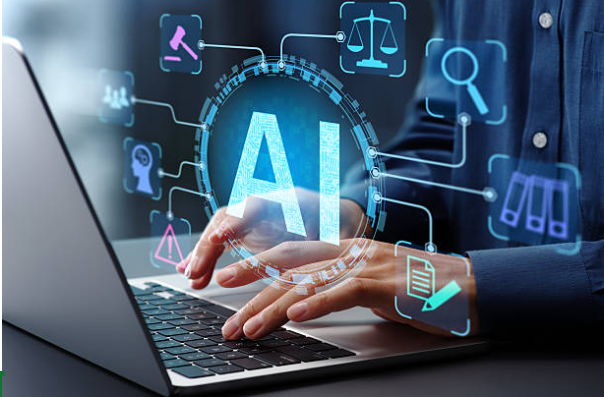

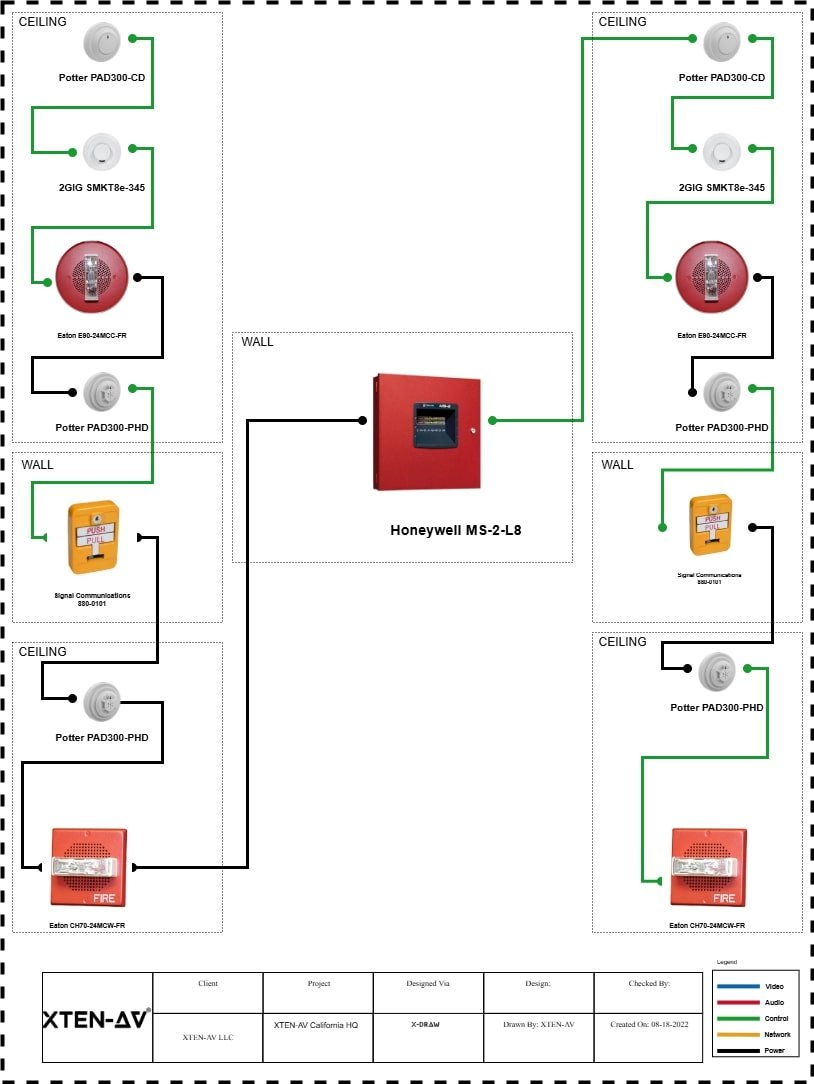


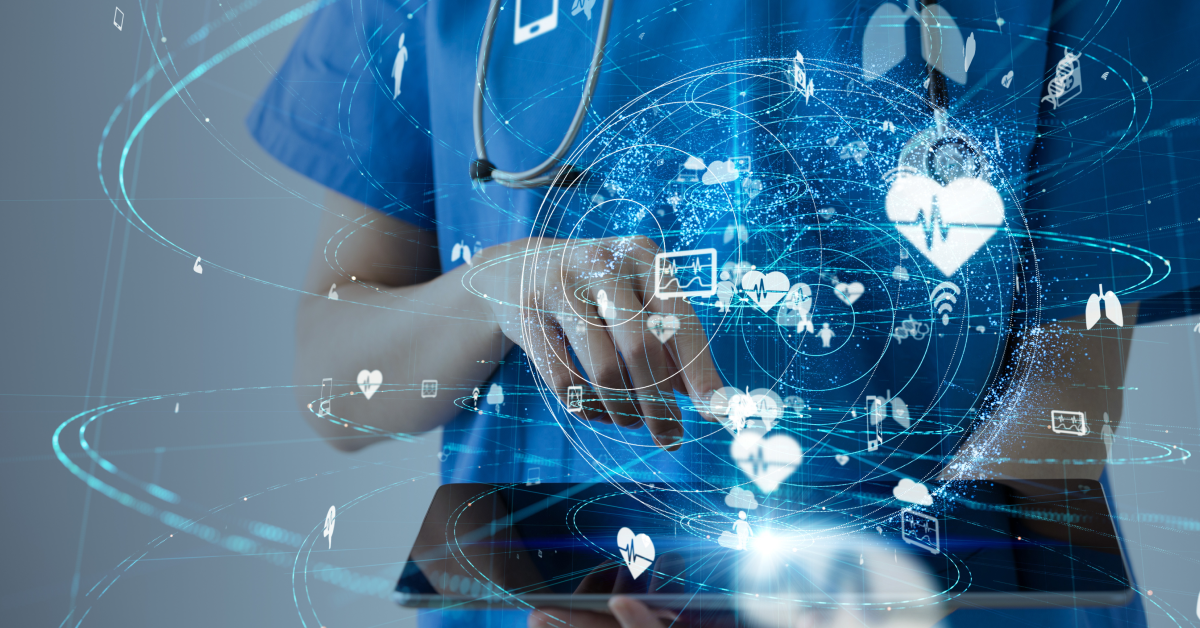

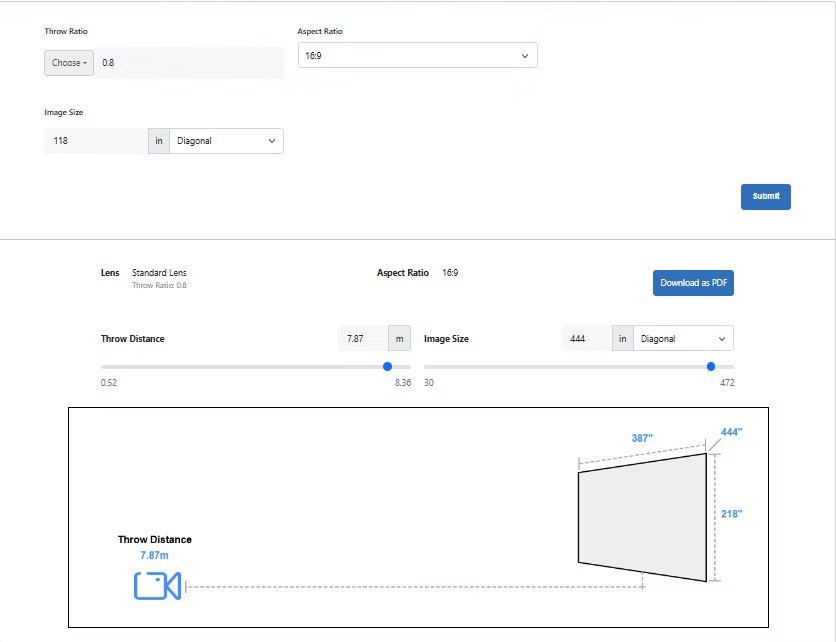
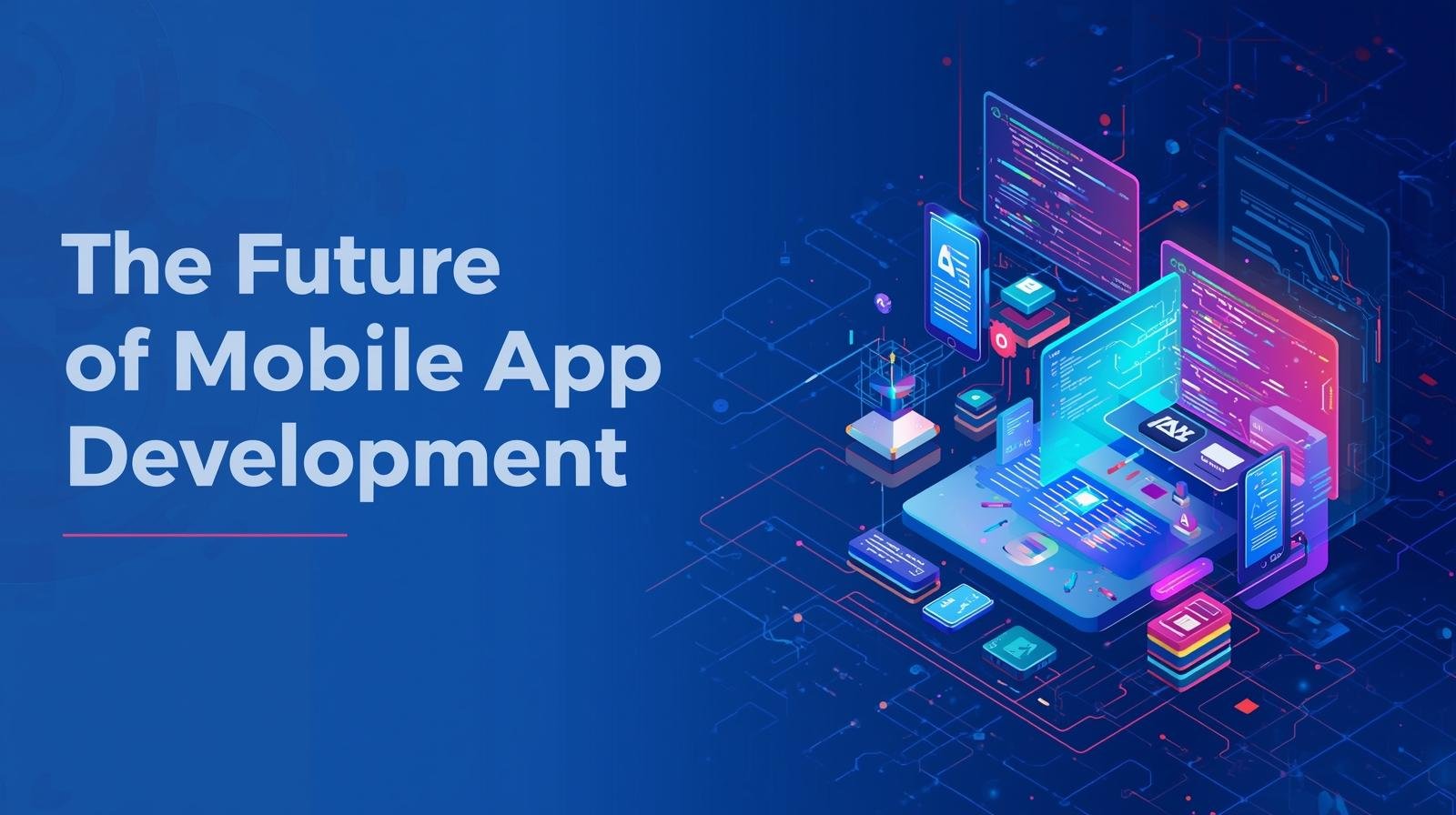
Leave a Reply